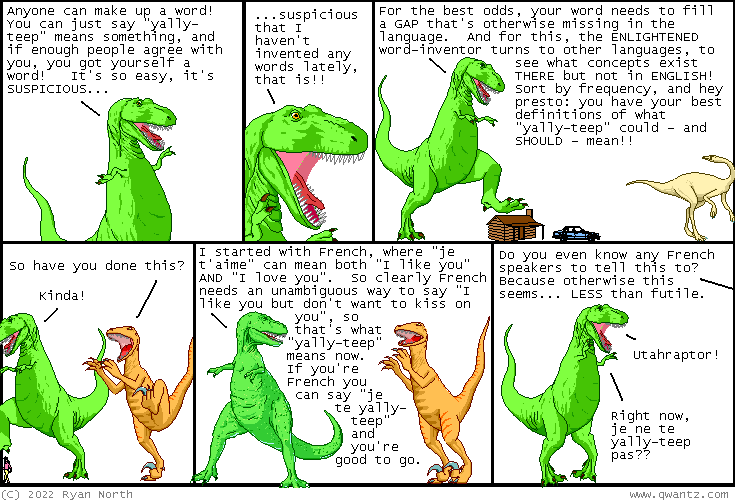World record gathering of people with same name
"Hirokazu, meet Hirokazu: 178 Hirokazu Tanakas set record for gathering of people with same name", Kyodo (10/29/22):
A 178-strong group of people all named Hirokazu Tanaka broke the Guinness World Record for the largest gathering of people with the same first and last name in Tokyo on Saturday.
The Tanaka Hirokazu association organized the successful attempt in Shibuya Ward, which saw them outdo the 2005 record set by 164 people called Martha Stewart, who were brought together by the famous American businesswoman of the same name.
A representative of the association, Hirokazu Tanaka, 53, said it was the group’s third try after two failed attempts in 2011 and 2017, when 71 and 87 Hirokazu Tanakas turned up, respectively.
Read the rest of this entry »
